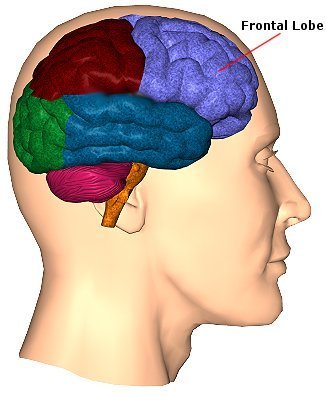A is for AD(H)D
 First medically described in the 18th century, AD(H)D effects about 5% of the global population. Statistically, this means you probably know at least one person with the condition, particularly if you work in a creative field. So it's surprising that the condition rarely shows up in Fictionland, except as a poorly researched comedy gag. I could only dig up two examples where the condition was not the focus of comedy, and both are in fantasy storylines. Shawn Spencer of Psych is the only example I could find of a character who uses the upsides of AD(H)D, and even then it's all within the context of his comedic antics.
First medically described in the 18th century, AD(H)D effects about 5% of the global population. Statistically, this means you probably know at least one person with the condition, particularly if you work in a creative field. So it's surprising that the condition rarely shows up in Fictionland, except as a poorly researched comedy gag. I could only dig up two examples where the condition was not the focus of comedy, and both are in fantasy storylines. Shawn Spencer of Psych is the only example I could find of a character who uses the upsides of AD(H)D, and even then it's all within the context of his comedic antics.Possibly this limited portrayal is because many cases of AD(H)D go unnoticed due to a disproportionate focus, even within the medical field, on more stereotypical manifestations: the loud, disruptive, disobedient kid who can't sit still. However, the idea that all people with AD(H)D are feckless, goofy, and unfocused is perpetrated by the media, and has a lot to do with the widespread stigma surrounding the condition. One study found that in spite of the high occurrence, over half of teachers surveyed did not know the symptoms of the condition, and furthermore believed myths-- such as the idea that people with AD(H)D are lazy or potentially dangerous-- which almost certainly sprang directly from Fictionland to real life.
Contrary to popular belief, AD(H)D is completely separate from someone's personality. My Lady Life Partner, who has AD(H)D, is a retired ballet dancer and will go after her goals with indefatigable determination.That isn't to say that goofballs or slobs with AD(H)D don't exist, because people with AD(H)D come in every personality type imaginable, not just 'punchline'.
Published on April 01, 2014 02:16
No comments have been added yet.



